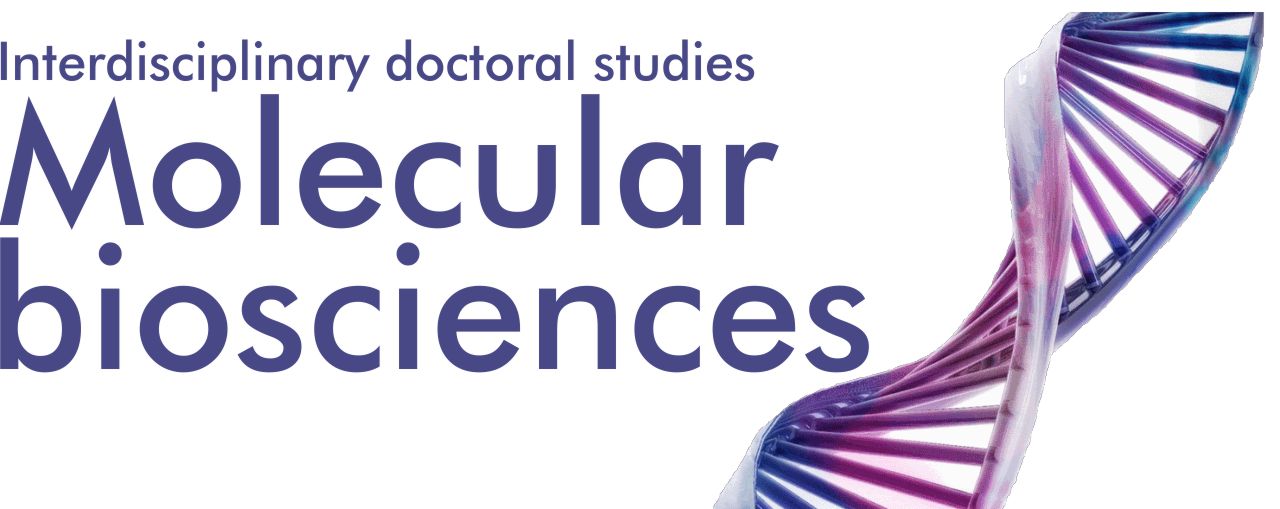| Cipher: | 2402 |
| Nomenclature: | Metal ions and organic matter in natural waters |
| Study programme: | Molecular biosciences |
| Module: | Marine Biology |
| Case holder: | title doc. Ph.D. Vlado Cuculić, higher education associate |
| Institution of the case holder: | Ruđer Boskovic Institute |
| Contributors - Contractors: | Dr.sc. Marina Mlakar, scientific advisor |
| Subject status: | Electoral College |
| The year in which the case is submitted: | Year I |
| The semester in which the case is submitted: | Semester II |
| Subject objective: | Understand the possible interactions of different forms of traces of metal in natural waters with organic matter and learn the specific forms of metal compounds that are highly toxic in small concentrations, and accumulate in marine organisms consumed as human food. |
| Case contents: | The composition of natural waters. Speciation of metal ions in natural waters, the influence of organic matter and the particles present. Complexion capacity - tying up metal ions and organic matter. Application of electrochemical methods. Essential and toxic metal ions (As, Cd, Cr, Cu, Fe, Hg, Pb, Zn); bioaccumulation, bioconcentration and biomagnification within the food chain in the aquatic environment. The influence of the speciation of metal ions on their toxicity, as well as their desirable effects. |
| Learning outcomes: competences, knowledge, skills that the subject develops: | 1. Identify the basics of the behavior of metal ions and complexes in the aquatic environment. |
| ECTS Credits | 4 |
| Lectures | 5 |
| Seminars (IS) | 5 |
| Exercises (E) | 10 |
| Altogether | 20 |
| The way of teaching and acquiring knowledge: | |
| Ways of teaching and acquiring knowledge: (notes) | |
| Monitoring and evaluating students (mark in fat printing only relevant categories) | Mandatory seminar paper |
| Rating method: | Oral exam, Essay/Seminar |
| Mandatory literature: | 1. Riley, J.P. Chester, R., Introduction to Marine Chemistry, Acad. Press, London, 1971. |
| Supplementary (recommended) literature: | 1. Bracnica, M. (2001) Traces of metal in natural waters. Industry Chemistry, 50, 493-499. |
| How to monitor the quality and performance performance (evaluation): | The success of the course will be evaluated annually by the joint expert committee of the Ruđer Boskovic Institute, the University of Dubrovnik and the University of Josip Juraj Strossmayer in Osijek based on exam success and surveys. |
